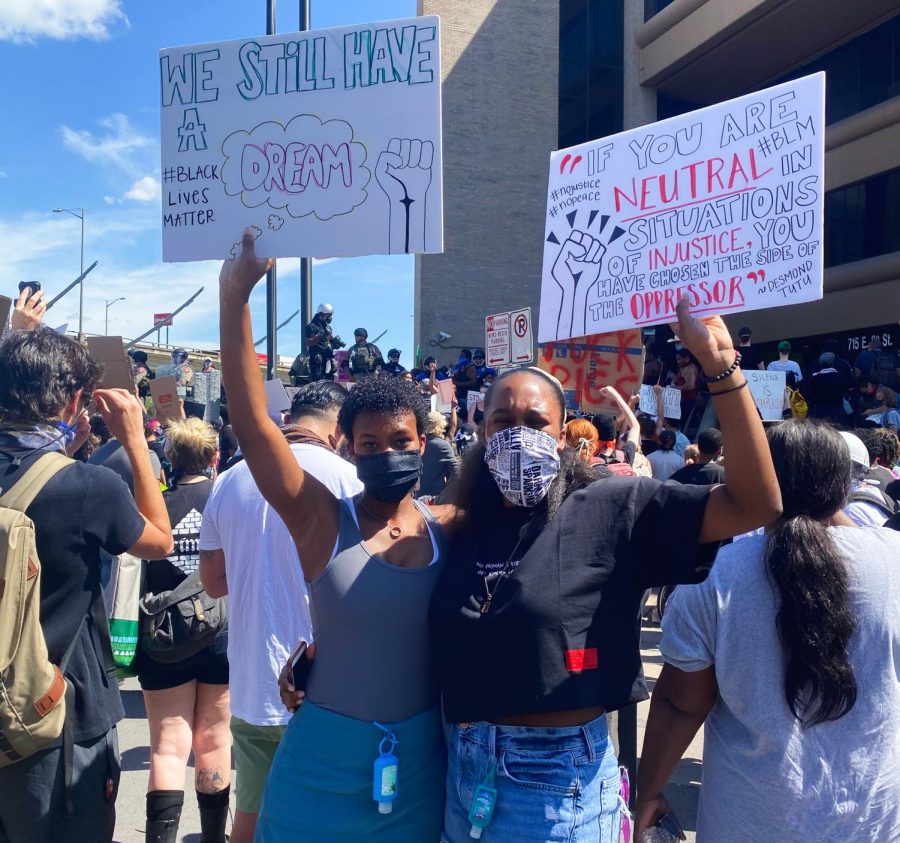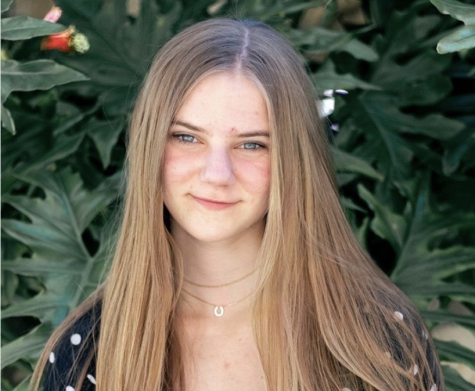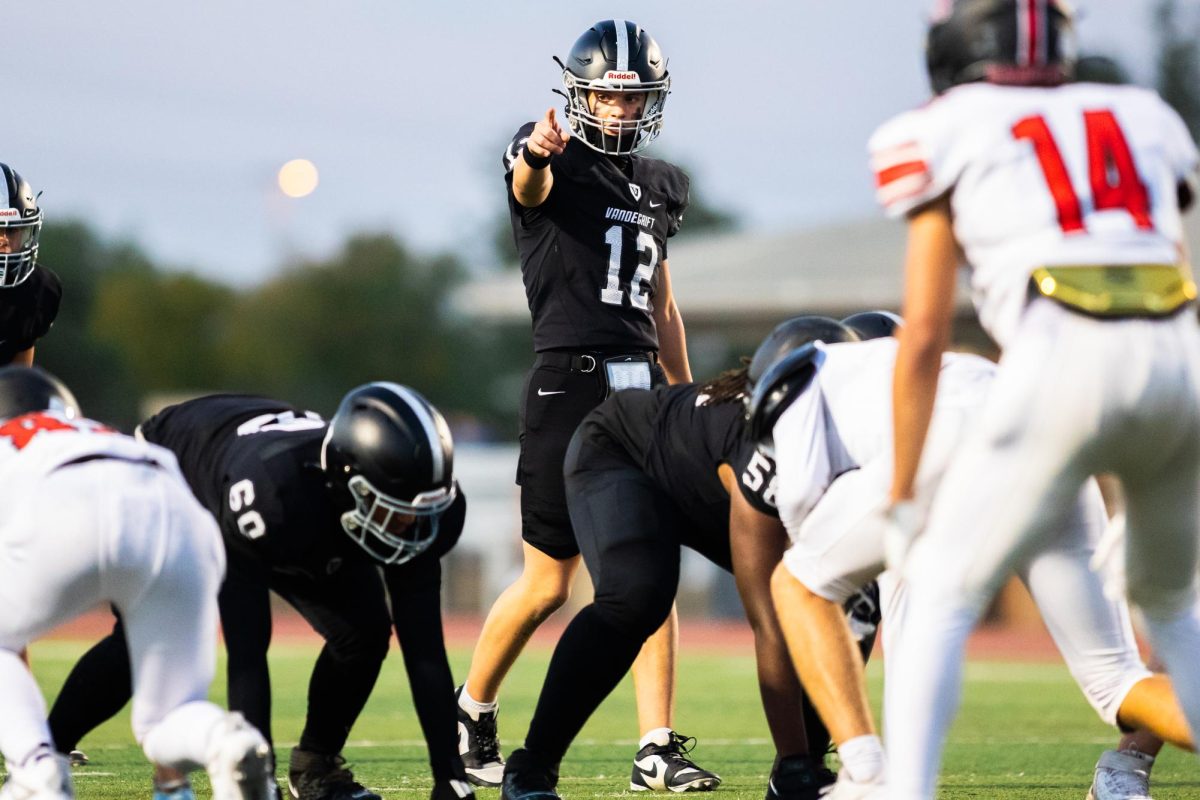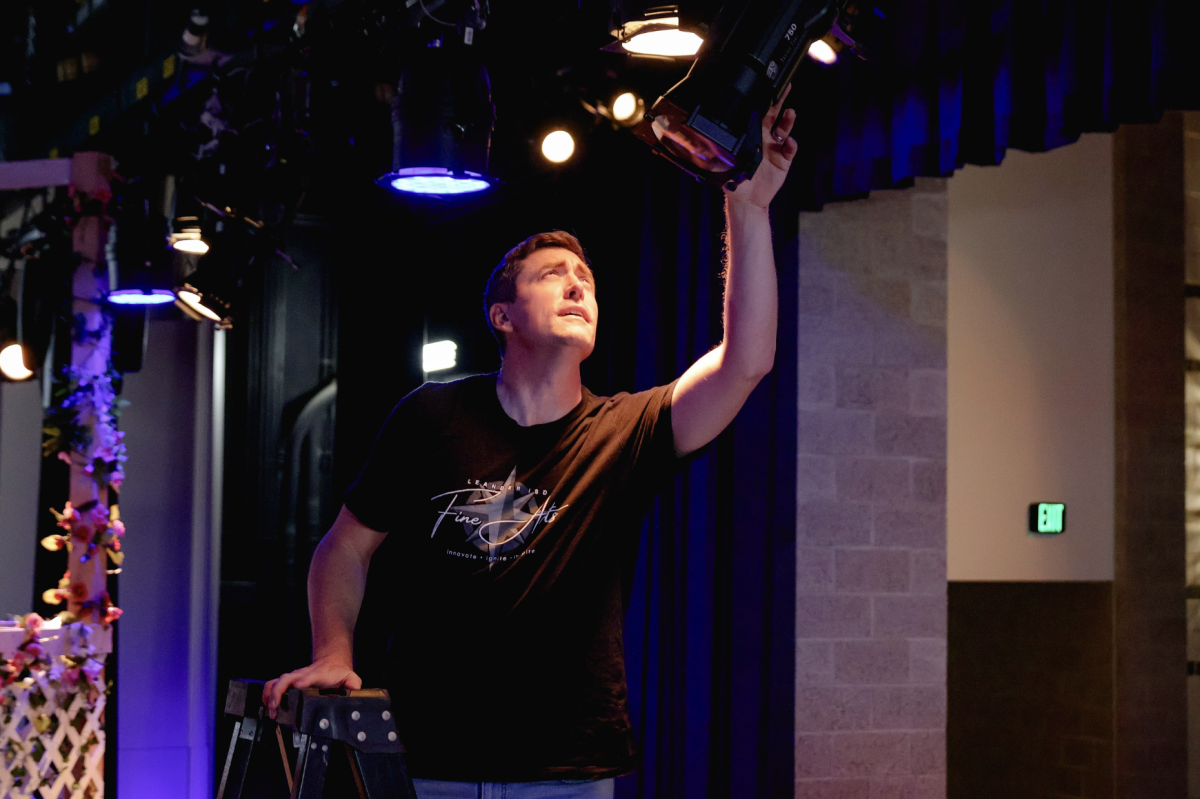Student reflects on BLM experience
Cori James joins her sister at a protest in downtown Austin in support of George Floyd and other victims of police brutality.
September 14, 2020
George Floyd’s name rang loud through the tension as protesters voices rose up into the sweltering summer air, chanting for justice. Signs scrawled with the phrase “I can’t breathe” held high, they marched through the streets of downtown Austin, accompanied by police.
Cori James had an epiphany in March. The junior realized she’d only been discussing racial issues in the confidence of her family and had become too tolerant of microaggressions and racist jokes in her everyday life. She decided this summer was her time to take a stand.
“I wanted to believe that no one saw me as black and that was my first problem,” Cori said. “Instead of surrounding myself with people who claim that they don’t see color I should’ve done the opposite, acknowledging and embracing the differences I have between my friends and the people at Vandegrift.”
With this in mind, Cori joined the protests in downtown Austin on May 30. Protestors were advocating for a change in policing in America, responding to the viral video of the alleged murder of George Floyd by Minneapolis police.
“Being able to look to my left and right and see strangers supporting strangers made me feel unbelievably secure and safe,” Cori said. “I knew I was surrounded by people, who don’t know me, but would go out of their way to protect me and my rights.”
However, the protests in Austin specifically garnered attention from the national news because of their violence. From Cori’s experience this violence wasn’t started by protesters.
“When I saw the excessive force [the police] were preparing to use on an unarmed group of peaceful protestors my heart sank,” Cori said. “They tried to derail the organized protest and make us the bad guys.”
Police weren’t the only ones on the scene causing the chaos reported in the media. According to Cori, there were some protestors who were destroying golf carts and signs and such, but that none of them were people of color.
“During the protest I was mostly running on adrenaline, but after I felt like a completely different person,” Cori said. “It made me realize that for a long time I leaned on others to make me feel validated and accepted in this community instead of being myself and not worrying about what others have to say.”
Cori hopes to see Vandegrift follow in the nation’s footsteps and pursue change and equality before she graduates. She recognizes that for students at Vandegrift, it may be difficult to notice the struggles that people of color face because they may never have heard of them.
“I hope that students and faculty learn that it’s okay to be wrong, as long as they learn from the mistakes they made and grow from them,” Cori said. “I want others to know that it’s normal to change points of view after educating themselves and it’s also encouraged to apologize to the ones they think were affected by their words or actions. Supporting others who feel especially vulnerable in this time is very important because alliance is one thing that is crucial in a time like this.”
She stresses the importance of lifting others up in a time like this and continually fighting for equality, not just at Vandegrift, but in the world.
“I hope the people reading this understand where I’m coming from and realize that equality is all BLM is demanding,” Cori said. “Protests, petitions and posts won’t go away until everyone is equal. Emotionally and mentally supporting those who feel oppressed, not discrediting their feelings towards what they’ve experienced and being vocal is important and a step closer to the goal of equality.”








